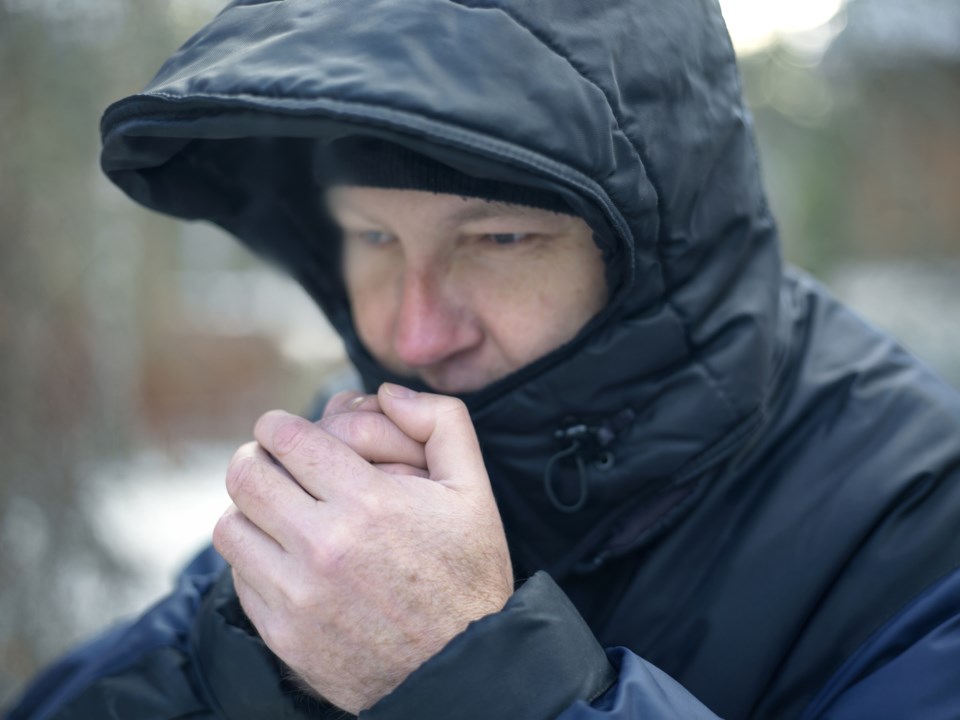NEWS RELEASE
MYMICHIGAN HEALTH
*************************
MIDLAND – Forecasters have announced extreme cold temperature expected for Jan. 19 lasting through at least Jan. 22. The state of Michigan is expecting highs in the single digits and lows around zero, with wind chills feeling even colder. This severe weather can pose serious health risks, especially for those in poorly insulated homes or stranded outside.
MyMichigan Health provides these tips to help ensure community safety during severe cold weather:
Hypothermia occurs when body temperature falls below 95 F. Symptoms include uncontrollable shivering, memory loss, and drowsiness. If you notice these signs, seek medical help immediately. If help isn’t available, warm the person by: moving them to a warm shelter; removing wet clothing; warming the core (chest, neck, head, groin) first, using an electric blanket or skin-to-skin contact; providing warm (non-alcoholic) beverages if they're conscious; and keeping them dry and wrapped in blankets.
Frostbite causes damage to skin from extreme cold, with symptoms including pale skin and loss of feeling, particularly in extremities. If frostbite is suspected, seek medical help, and if waiting, rewarm affected areas slowly, prioritizing the core if hypothermia is also present.
Preparing your home and car for winter emergencies can help reduce health risks. Be ready to shelter-in-place for several days. Additional safety measure to keep in mind would be to: plan to keep sand, rock salt, or kitty litter for slippery walkways; dress in layers, wear mittens and a hat; choose waterproof, insulated boots; minimize travel; if necessary, keep your gas tank full and an emergency kit in your vehicle; stay informed with a NOAA Weather Radio or local news; insulate your home with storm windows or plastic covers; maintain heating equipment and ensure proper venting, and let water run at a trickle to prevent frozen pipes.
During winter power outages, many use gasoline generators, charcoal grills, and kerosene or propane heaters indoors, risking carbon monoxide (CO) poisoning. CO is an odorless, colorless gas that prevents oxygen intake, leading to around 430 unintentional deaths annually in the U.S. To prevent CO poisoning: Install battery-operated carbon monoxide detectors near sleeping areas and check/replace batteries every spring and fall; have your furnace inspected annually; always use generators outside, at least 20 feet from your home; avoid using any gasoline or charcoal-burning devices indoors; never use kerosene or propane heaters inside. Don’t run vehicles in attached garages, even with the door open; avoid heating your home with a gas oven or unvented devices, and regularly clean and inspect your chimney.
If you suspect carbon monoxide poisoning and are experiencing symptoms such as dizziness, light-headedness, or nausea, seek medical attention immediately. Remove yourself from the area and get fresh air right away. Contact 911 or proceed to the nearest emergency room as quickly as possible.
*************************



